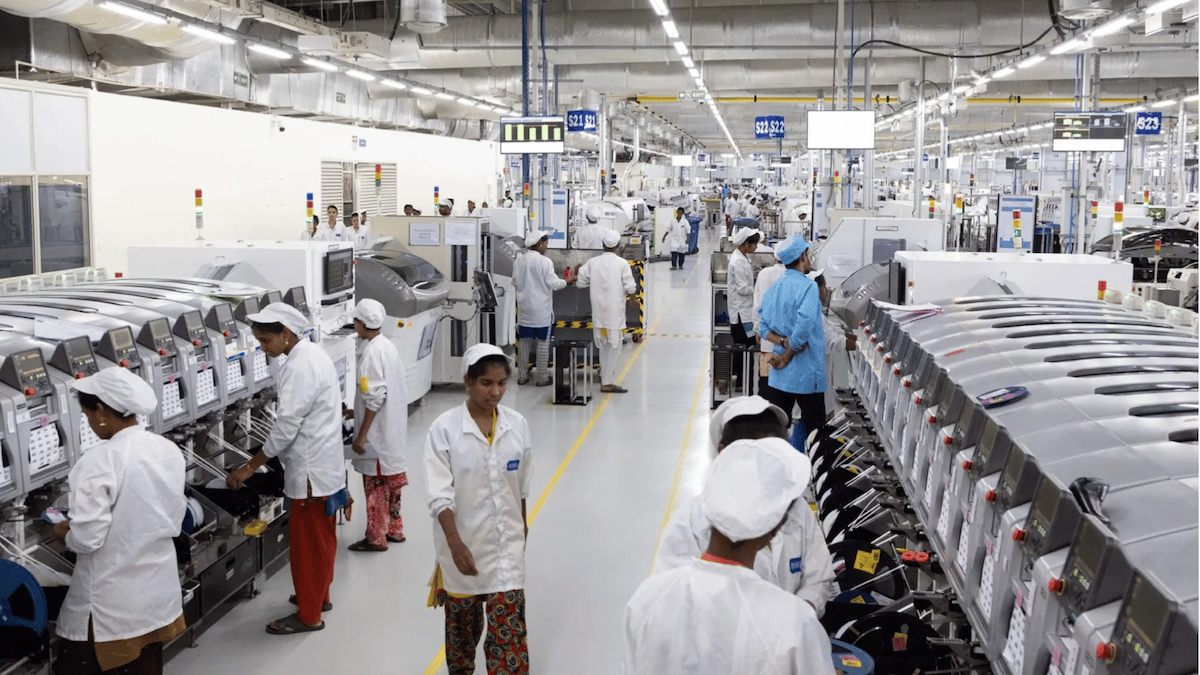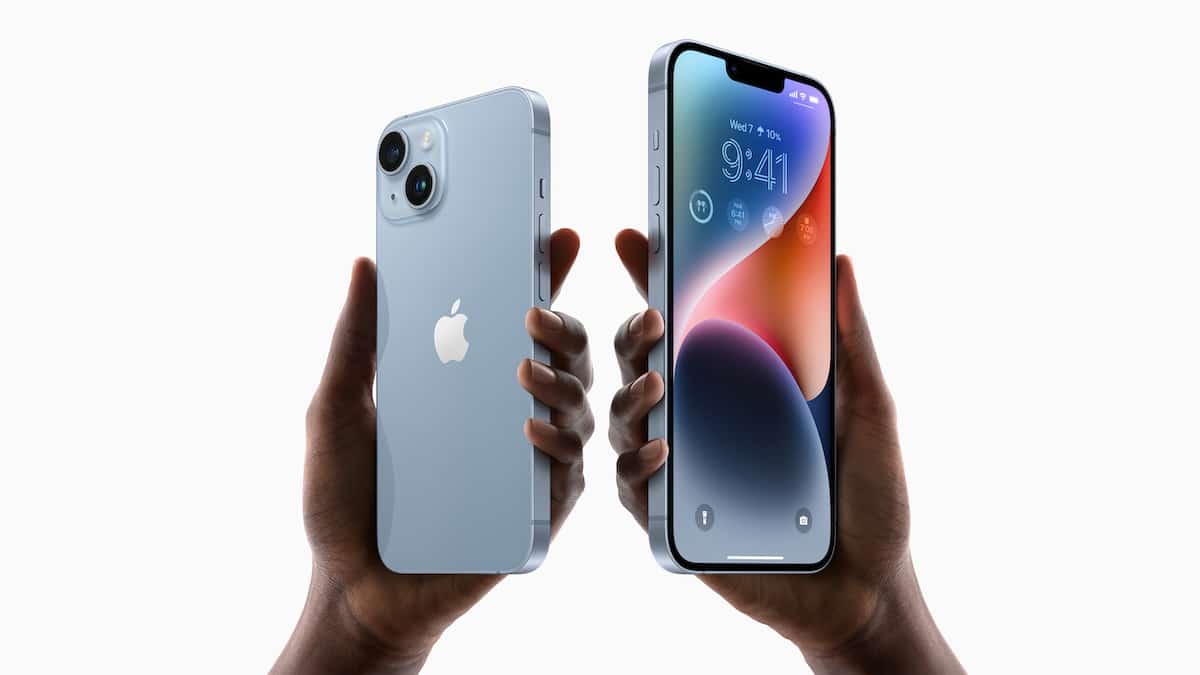A new report suggests that up to half of all iPhones could be made in India by 2027, following earlier estimates of 25% by 2025. Apple’s efforts to shift production outside of China are already having an impact on local suppliers, with Vietnam also gaining from the Cupertino company’s strategy to lessen its dependency on China.

One in two of the world’s iPhones may be manufactured in India in the coming years
Only 2.27% of Apple’s supplier facilities are now based in India, according to Bloomberg data, placing it eighth overall, after the US, China, Japan, Germany, the UK, Taiwan, France, and South Korea. But change is already happening at a noticeable speed.
According to The South China Morning Post (SCMP), citing a forecast by DigiTimes analyst Luke Lin, Compared to the current condition of less than 5%, India may generate one in two of the world’s iPhones by 2027. The forecast, while more optimistic than JPMorgan’s earlier estimate that India would assemble 25% of all iPhones sold worldwide by 2025, is consistent with the country’s share of iPhone shipments rapidly increasing.
India’s iPhone shipments doubled from April to December 2022, from the same period in 2021. Vietnam’s share of making Apple’s MacBooks and AirPods is also expected to rise as contractors, including Chinese ones, rushed there to set up plants.

Apple has consistently advised against interpreting supply chain reports too literally. They are not always correct, and because Apple prefers to work with numerous suppliers whenever possible, even an order change that is verified for one company may be reversed by an order change that balances out for another. However, Apple’s suppliers in China are reportedly feeling the heat of its reported diversification.
Goertek, which has been making acoustic parts for Apple’s AirPod earbuds and other devices in eastern China’s Shandong province for two years, is another example. The Shenzhen-listed company slashed its 2022 earnings estimate by 60 per cent, citing a request by a “major overseas client” to halt the production of a smart acoustic device. Even though the company did not name the client, analysts including Kuo have pegged the device as Apple’s AirPods Pro.
One consultant suggested that upholding quality standards in a more diverse supply chain could be difficult. To meet quality requirements, Apple has always partnered closely with Chinese vendors. Future reports could help provide a clearer picture of the effects Apple’s diversified supply chain may have on its suppliers.